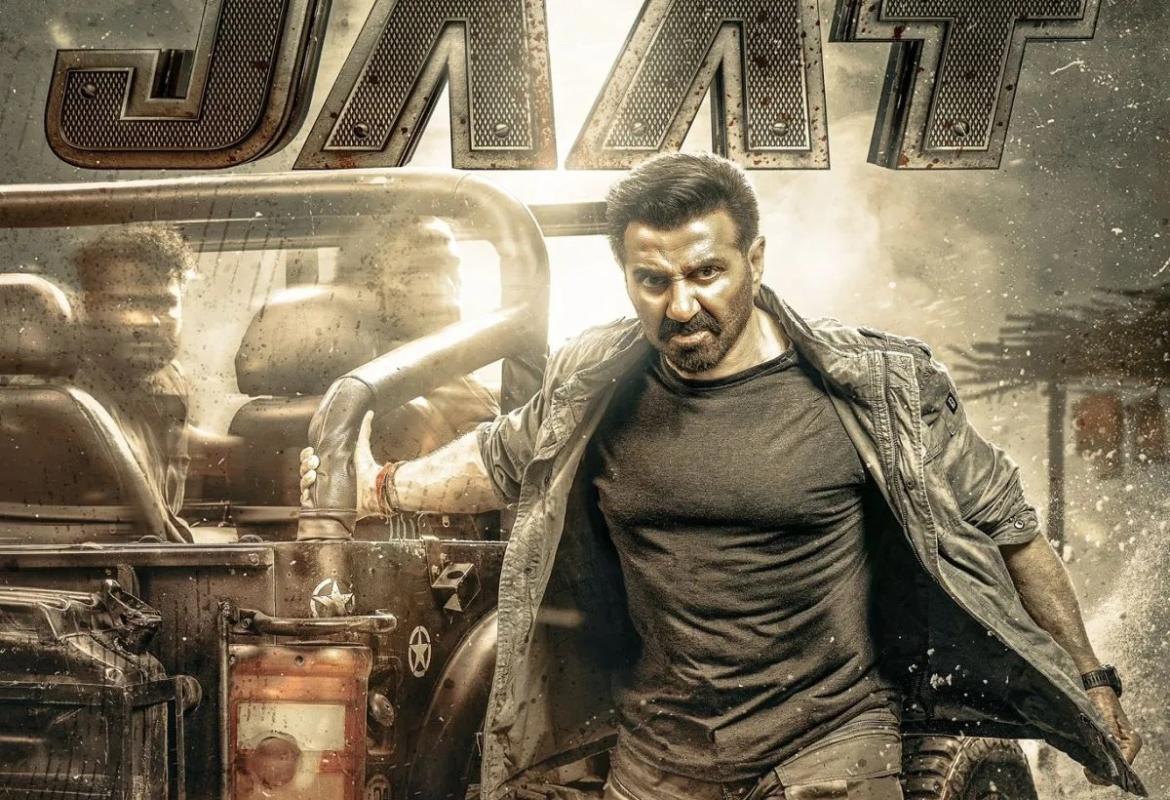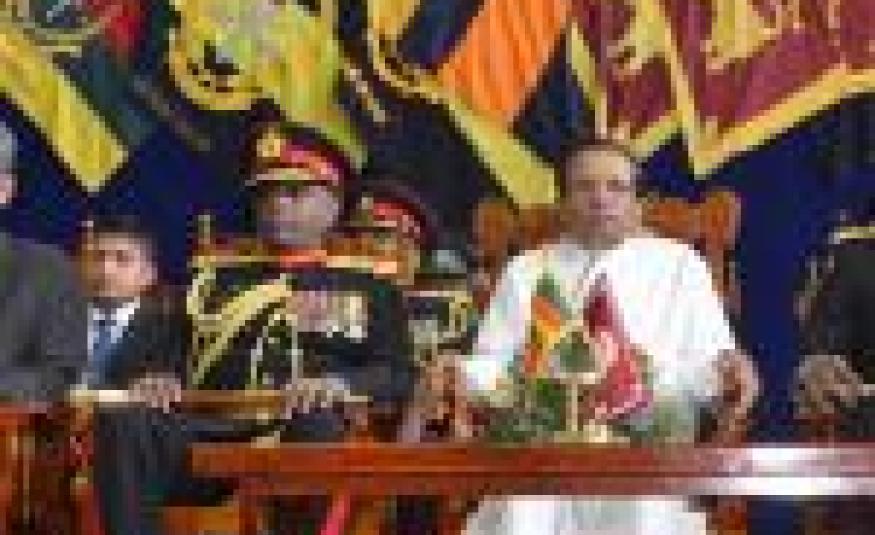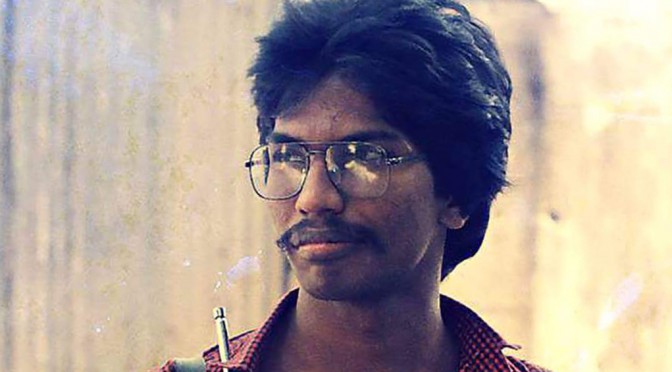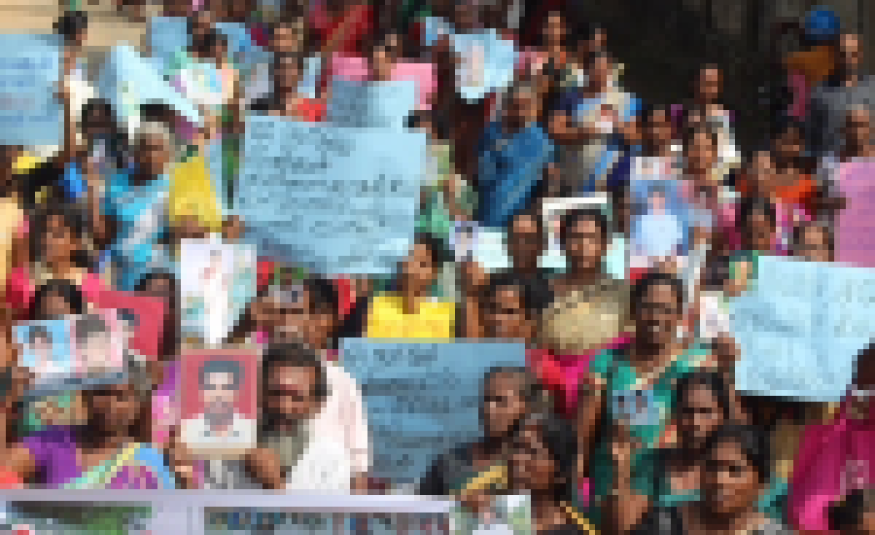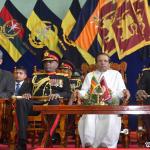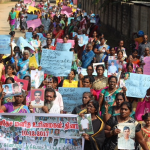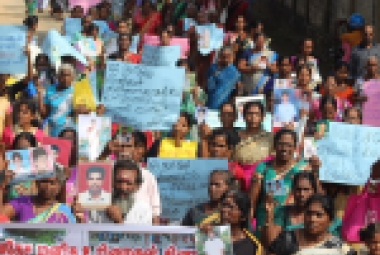The Failed Promise of Reconciliation in Sri Lanka
As Sri Lanka continues to go back on its promises to investigate and prosecute atrocity crimes, alternative avenues for justice must be found, writes People for Equality and Relief in Lanka (PEARL) Advocacy Director, Mario Arulthas.
“Nearly 10 years after the end of the conflict, reconciliation and a sustainable peace are far off – contrary to what President Sirisena claimed in his speech at the UNGA,” wrote Arulthas in The Diplomat this week.
“Sri Lanka has repeatedly gone back on its promises to investigate and prosecute atrocity crimes,” he said, adding “the international community cannot rely on Sri Lanka to bring reconciliation, stability and peace to the island”.

